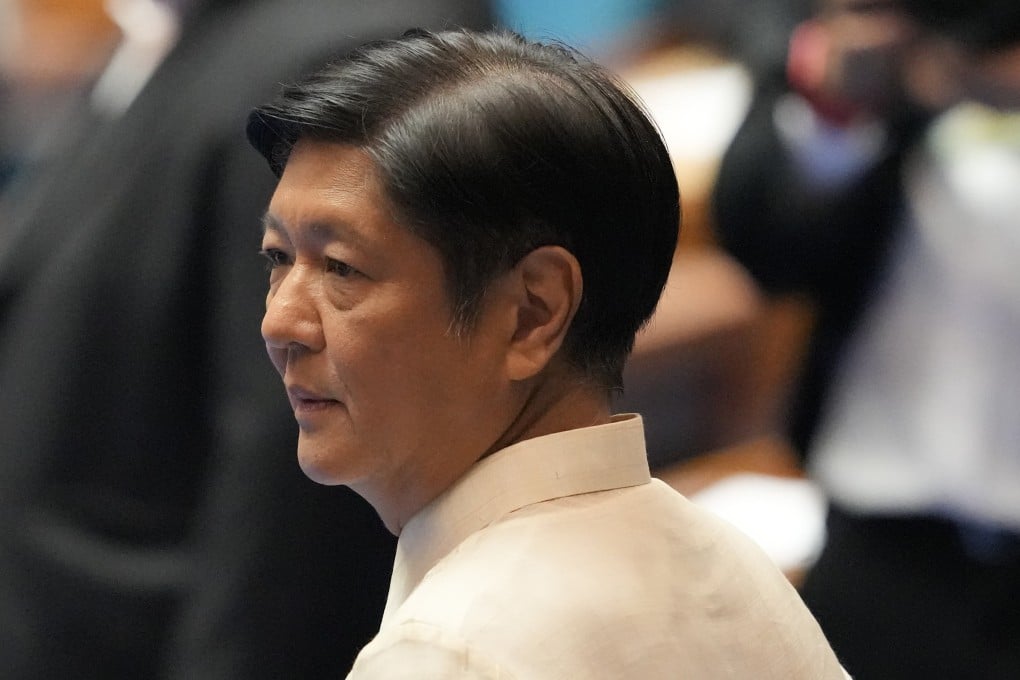Philippines President-elect Marcos Jnr chooses stability in naming new cabinet to revive economy and restore family name
- New cabinet faces a slew of challenges, particularly in reviving not only the pandemic-hit economy but also helping to restore the Marcos name
- An analyst believes ‘Bongbong’ should raise taxes to whittle down the country’s US$19.1 billion debt, but the president-elect and his new finance chief disagree

The Philippine business community heaved a sigh of relief and stock prices rallied on Friday after President-elect Ferdinand Marcos Jnr placed mostly senior technocrats in his cabinet, including familiar names to his economic team.
They will face a slew of challenges, particularly in reviving not only the pandemic-hit economy but also helping to restore the Marcos name tainted from corruption scandals under the regime of Marcos’ late dictator-father, Ferdinand Snr.
Nicholas Mapa, senior economist covering the Philippine market for ING said that “Cabinet selections point to continuity which is always welcomed by the business community. All of the picks boast credentials both in terms of academic achievement and work experience.”
“This is a step in the right direction,” Mapa added, after Marcos announced his choice of the current Bangko Sentral Governor Benjamin Diokno, 74, as his finance secretary on Thursday.
The Philippines has a debt of 12.68 trillion pesos (US$19.1 billion) so fiscal consolidation should be a priority for Marcos and his economic agenda, even if it leads to the unpopular decision of raising taxes, Mapa said.
Marcos, however, said on Thursday he preferred not to raise taxes and perhaps even cut some for those deeply affected by the pandemic. His choice for finance chief also does not support raising taxes.
Diokno – who has served under three Philippine presidents – expressed confidence he could “grow the economy, focus on tax administration first, improve the collection” during a May 27 interview with ANC Channel.